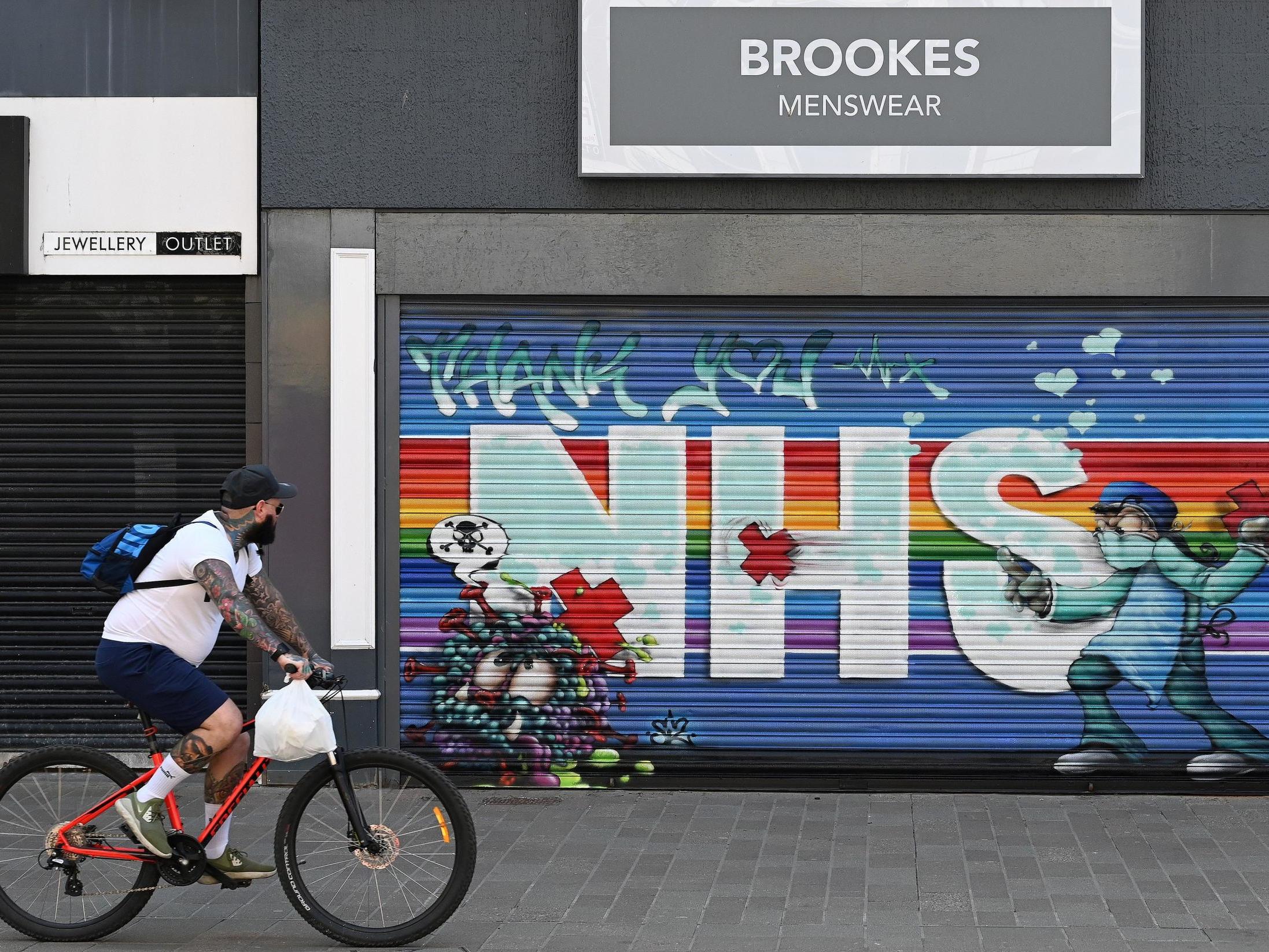How coronavirus could change crime in Britain
While some criminals will turn away from their former lives after lockdown, others may be drawn into crime by the oncoming recession. Lizzie Dearden reports

Coronavirus could change crime in Britain for months or even years as the pandemic’s consequences influence current and future criminals.
The lockdown has already forced offenders – particularly drug dealers, thieves and fraudsters – to attempt new ways of working and overall crime has fallen dramatically by virtue of people staying at home.
Police are now battling to stop figures rocketing back to pre-coronavirus levels when the restrictions lift.
In 2019, knife crime hit a new record high while prosecutions for all crime hit a record low in England and Wales.
There is growing hope that the dire figures marked the criminal justice system finally hitting rock bottom, and coronavirus is the unexpected start of a turnaround.
While acknowledging the “horrible suffering” caused by the pandemic, Metropolitan Police commissioner Cressida Dick has revealed her hope that it could cause a long-term drop in violence.
But there are predictions that as what could be a historic recession bites, job losses and poverty could push more people into lives of crime.
MPs have also warned that the rising domestic abuse taking place during the lockdown could have “devastating consequences for a generation” as children are traumatised.
However in the short-term, with normal demand dramatically falling during the epidemic and absence rates lower than feared, police are using the extra time on their hands to combat criminal groups.
There are going to be people who are out of work, businesses that have not been able to sustain themselves, and the impact on society will start to come through
Huge amounts of drugs, cash, weapons and assets have been seized across the UK during the lockdown, while stabbings, shootings, robberies and other crimes linked to gangs have dropped.
In London, police are knocking on the doors of around 1,000 violent offenders in a bid to convince them to turn their lives around.
Assistant Commissioner Nick Ephgrave said some criminals were re-connecting with their families, dialling down gang rivalries and changing their priorities as they spend less time on the streets.
“A lot of society has had to reset and it’s no different for these individuals,” he added, saying that for some coronavirus has provided a “sense of release from a violent and frightening world”.
But even as some offenders may be disengaging from their former lives, there are fears that the looming recession will pull a new cohort of people into crime.
Dame Cressida warned that homelessness was likely to rise, adding: “There will perhaps be greater disparity in society, and people could be feeling very angry about what has happened.”
She did not confirm whether police were preparing for a rise in acquisitive crime, such as theft and burglary, but said Scotland Yard would be “flexible and evolve in the months and years to come”.
Sadiq Khan, the mayor of London, has issued a warning about the “underlying causes” of crime, saying that research showed a strong link between serious youth violence and deprivation, poor mental health and poverty.
He said the drivers “could be made far worse by the current crisis and its economic consequences”.
Psychological services and rehabilitation programmes have also been hit by social distancing requirements, amid concerns that isolation could worsen mental illness and addiction.
The National Police Chiefs’ Council previously raised concern that drug-related crime could increase because supply problems and price rises during the coronavirus outbreak.
Another senior police officer warned that the UK could see a “more volatile and agitated society” after the lockdown ends.
Chief Superintendent Paul Griffiths, president of the Police Superintendents’ Association, told The Independent: “There are going to be people who are out of work, businesses that have not been able to sustain themselves, and the impact on society will start to come through.”
Join our commenting forum
Join thought-provoking conversations, follow other Independent readers and see their replies
Comments